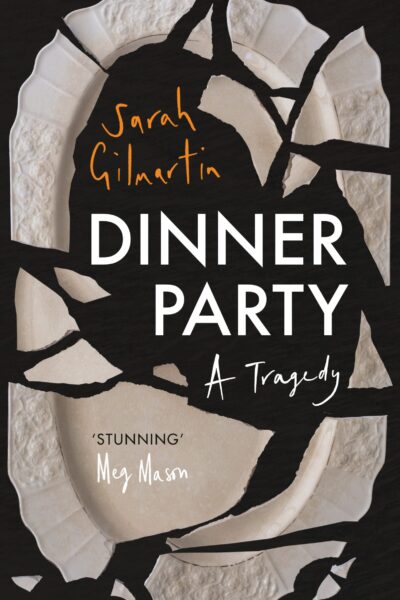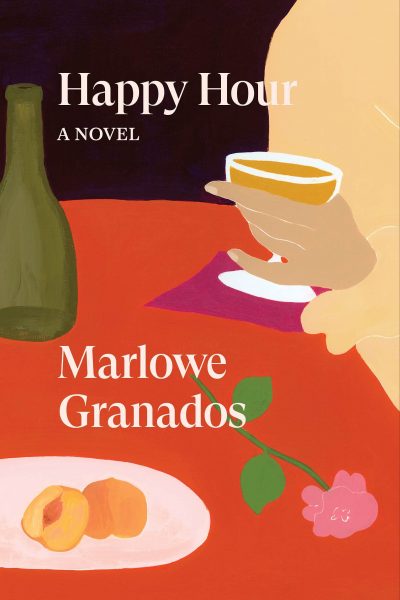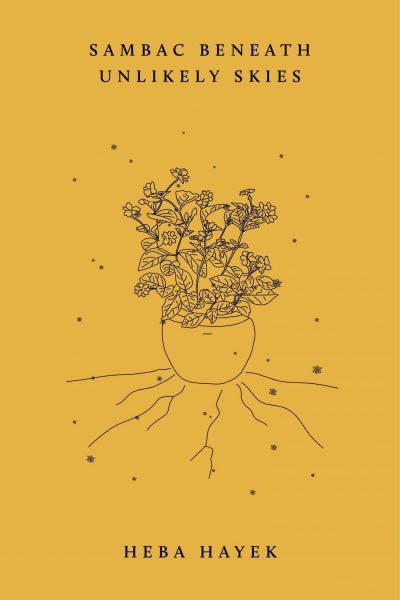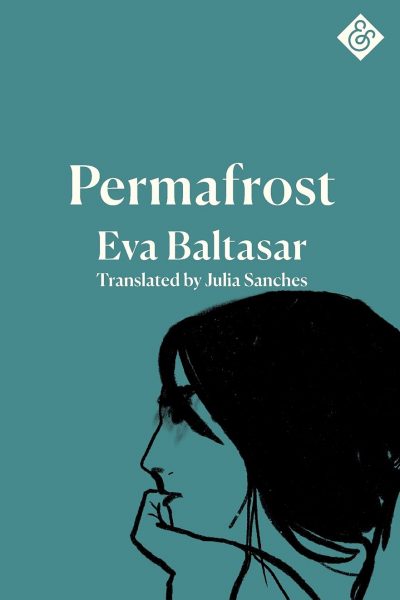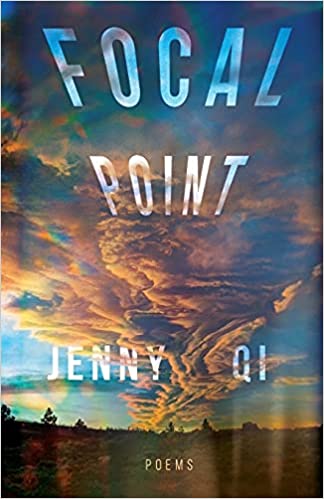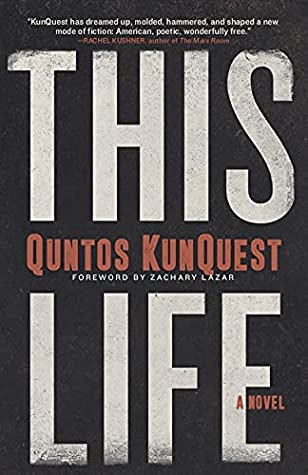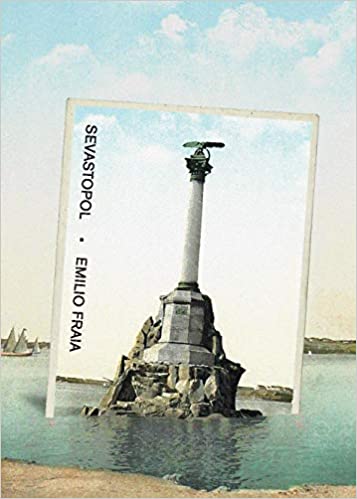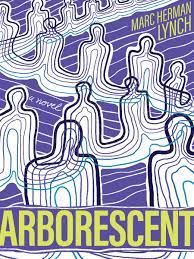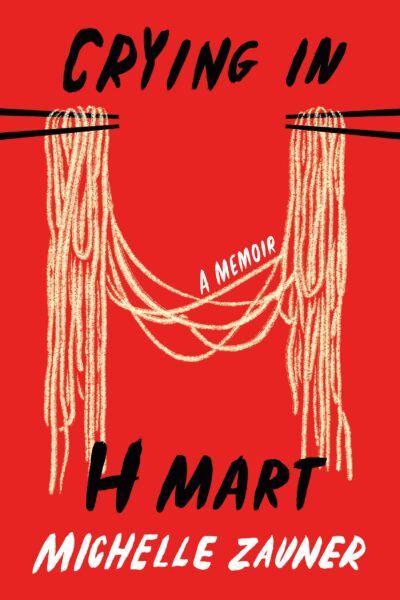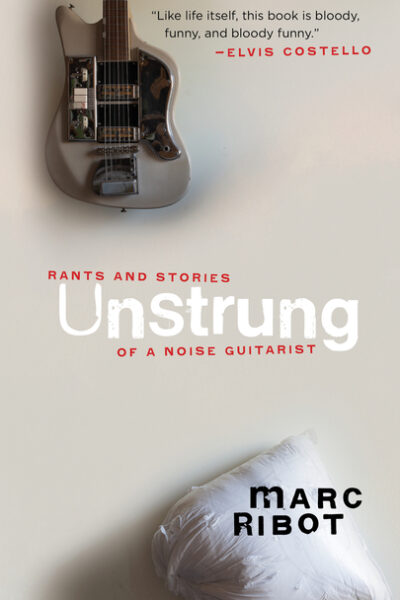Dinner Party: A Tragedy – Sarah Gilmartin
Even if Sarah Gilmartin’s debut novel elicits inevitable associations with Irish intellectual and artistic heavyweights, this portrait of mourning and redemption stands on its own.
Suffering doesn’t actually have to be a prerequisite for having the right to be creating something, nor does anyone actually have a god-given directive to whittle their suffering into something to be offered up to a market.
Sambac Beneath Unlikely Skies – Heba Hayek
What Hayek accomplishes with her debut collection is to transcribe the crisis of categorization that defines the Palestinian experience.
PERMAFROST isn’t the conventional, happily-ever-after fairytale-esque story . . . Baltasar shows that although life may be grim and cruel, one must carry on and entrust that there is a glimmer of hope to be found somewhere.
FOCAL POINT, like the Greek epics it frequently references, is thus an inner odyssey through illness and loss that imparts the difficult lesson that to live is to grieve.
Isn’t a life sentence without parole like a wrong word in a sentence that is impossible to correct, condemned to exist outside of grammar and syntax?
There is something anti-story in every story, where the force pushing towards narrative resolution is challenged by a slightly ethereal centrifugal drift which slows, and maybe even reverses, that centripetal approach.
Arborescent – Marc Herman Lynch
Marc Herman Lynch’s ARBORESCENT luxuriates in the space between the familiar and the fantastic, dipping into both ends of the spectrum to paint a richly layered contemporary folk tale.
Crying in H Mart: A Memoir – Michelle Zauner
What I can say for certain, though, is that as Zauner guided me through these corridors of her own life, little pieces of her world attached to me.
Unstrung: Rants and Stories of a Noise Guitarist – Marc Ribot
Seen as a genius and underappreciated musician by those initiated into the world of free jazz and noise guitar, Marc Ribot now reveals his ambitions as an author.


